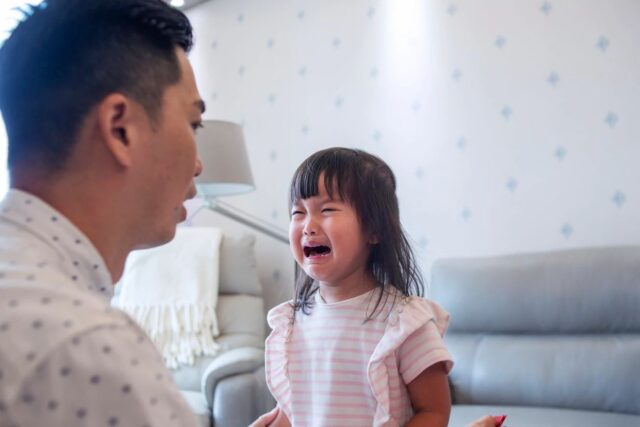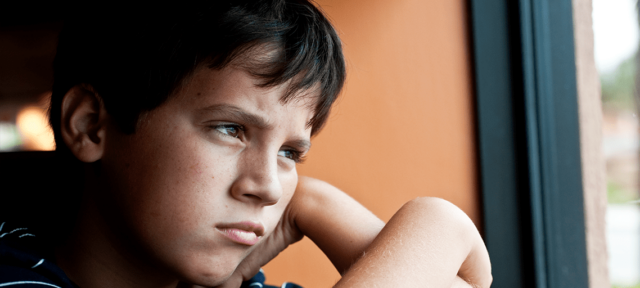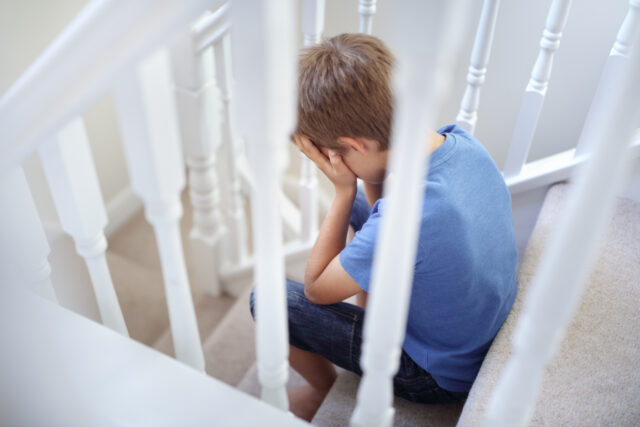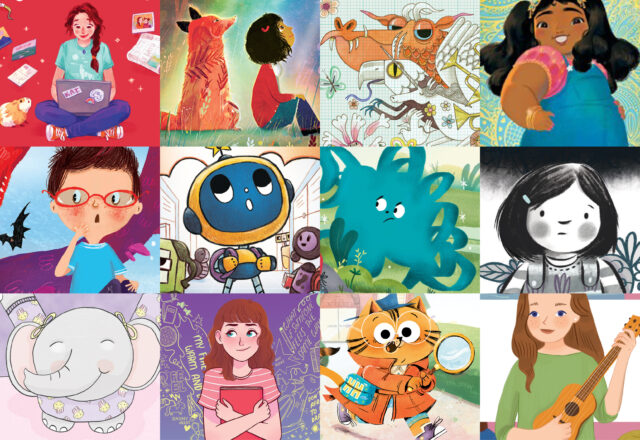It’s normal for toddlers to throw tantrums. But if they go on past preschool age and they are persistent, pervasive (they happen not just at home or at school but everywhere) and they are impairing your child’s academic, family and/or social life — it’s time to get help.
When Should I Worry About Tantrums?
Outbursts are cause for concern when they're persistent, pervasive, and impairing
Clinical Expert: Gabrielle Carlson, MD
en EspañolAs with any troubling behavior, Dr. Gabrielle Carlson of Stony Brook University explains, parents should worry about extreme outbursts when they meet her “3 Ps” criteria: persistent, pervasive, and impairing. Yes, Dr. Carlson admits, “impairing” doesn’t start with a P, but it’s key to understanding when you need to get help.
Related: Three Common Parenting Traps
Why Do Kids Have Tantrums and Meltdowns?
How to Handle Tantrums and Meltdowns
Frequently Asked Questions
Tantrums become worrisome if the child is beyond preschool age and is having them persistently, pervasively (in lots of settings, not just school or home but everywhere), and they are impairing your child’s academic, family and/or social life. At that point, it’s time to get help.
Was this article helpful?
Related Reading
-
 How to Handle Tantrums and Meltdowns
Tips for helping children learn better ways to express powerful emotions
How to Handle Tantrums and Meltdowns
Tips for helping children learn better ways to express powerful emotions
-
 DMDD: Extreme Tantrums and Irritability
Kids with this disorder act out because they can't manage big emotions
DMDD: Extreme Tantrums and Irritability
Kids with this disorder act out because they can't manage big emotions
-
 Why Do Kids Have Tantrums and Meltdowns?
Understanding them is the first step to reducing them
Why Do Kids Have Tantrums and Meltdowns?
Understanding them is the first step to reducing them
-
 Complete Guide to Managing Behavior Problems
When children struggle with their behavior, it can have a negative impact on everyone in…
Complete Guide to Managing Behavior Problems
When children struggle with their behavior, it can have a negative impact on everyone in…
-
 My son is 2 years old and has such severe outbursts and tantrums that it scares us. What do we do?
The key to helping is figuring out the cause of the tantrums. Luckily, the earlier…
My son is 2 years old and has such severe outbursts and tantrums that it scares us. What do we do?
The key to helping is figuring out the cause of the tantrums. Luckily, the earlier…
-
 Generalized Anxiety Disorder in Kids
When near-constant worry affects your child’s well-being
Generalized Anxiety Disorder in Kids
When near-constant worry affects your child’s well-being
-
 77 Children’s Books About Mental Health
Best books for helping kids understand emotional and learning challenges
77 Children’s Books About Mental Health
Best books for helping kids understand emotional and learning challenges
-
 Problem Behavior in Preschoolers
How to know when 3- to 5-year-olds need help with behavior
Problem Behavior in Preschoolers
How to know when 3- to 5-year-olds need help with behavior
